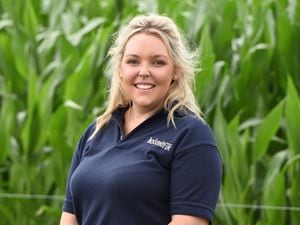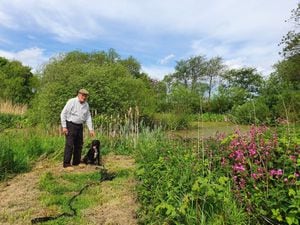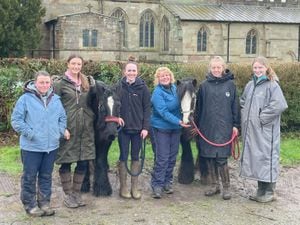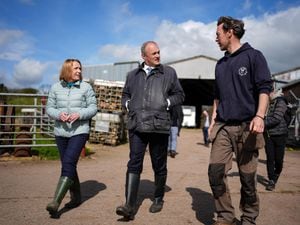Wildlife-friendly incentives must be designed with practical farming in mind
While three conservation charities say that £3 billion is needed to support wildlife-friendly farming, this must be done with practical farming and food production in mind.
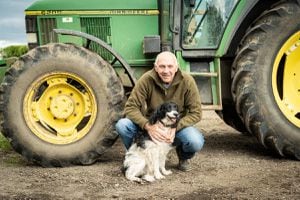
As a concept pioneered by the Countryside Restoration Trust over 26 years ago, wildlife-friendly farming has been part of my ethos for nearly three decades. However, so has running a productive and successful business.
I support any funding that encourages wildlife-friendly farming. However, I also understand there’s growing pressure on British farmers to produce more nutritious food for a growing population, and in a sustainable way.
Whereas I have no doubt additional funding from government will support farmers with similar principles, more focus should be put on marrying the two – achieving profitability and farming sympathetically to wildlife.
Simple changes on my farm, such as over-wintering stubble, creating wildlife strips, bat corridors and mosaic fields, and planting over 4.5 miles of hedgerows, has meant it is now home to an abundance of wildlife.
This attention to detail has increased the number of grey partridge, which has been recognised and awarded by Red List, resulted in over 26 species of butterfly and some of the highest hare populations in the area.
At the same time, I’m producing crop yields over the national average, and frequently host farm walks to talk about novel methods of weed control.
Tony Juniper, chair of Natural England, also recognised the farm’s success at the charity’s 25th birthday celebrations last year, describing Lark Rise as a "farming blueprint for the future."
I believe that with the right support, wildlife conservation and practical farming can go hand-in-hand and hope to see any future financial incentives consider both together. I would also welcome other conservation charities on to my farm to discuss how we spread this positive message.
Tim Scott is a Countryside Restoration Trust tenant farmer

